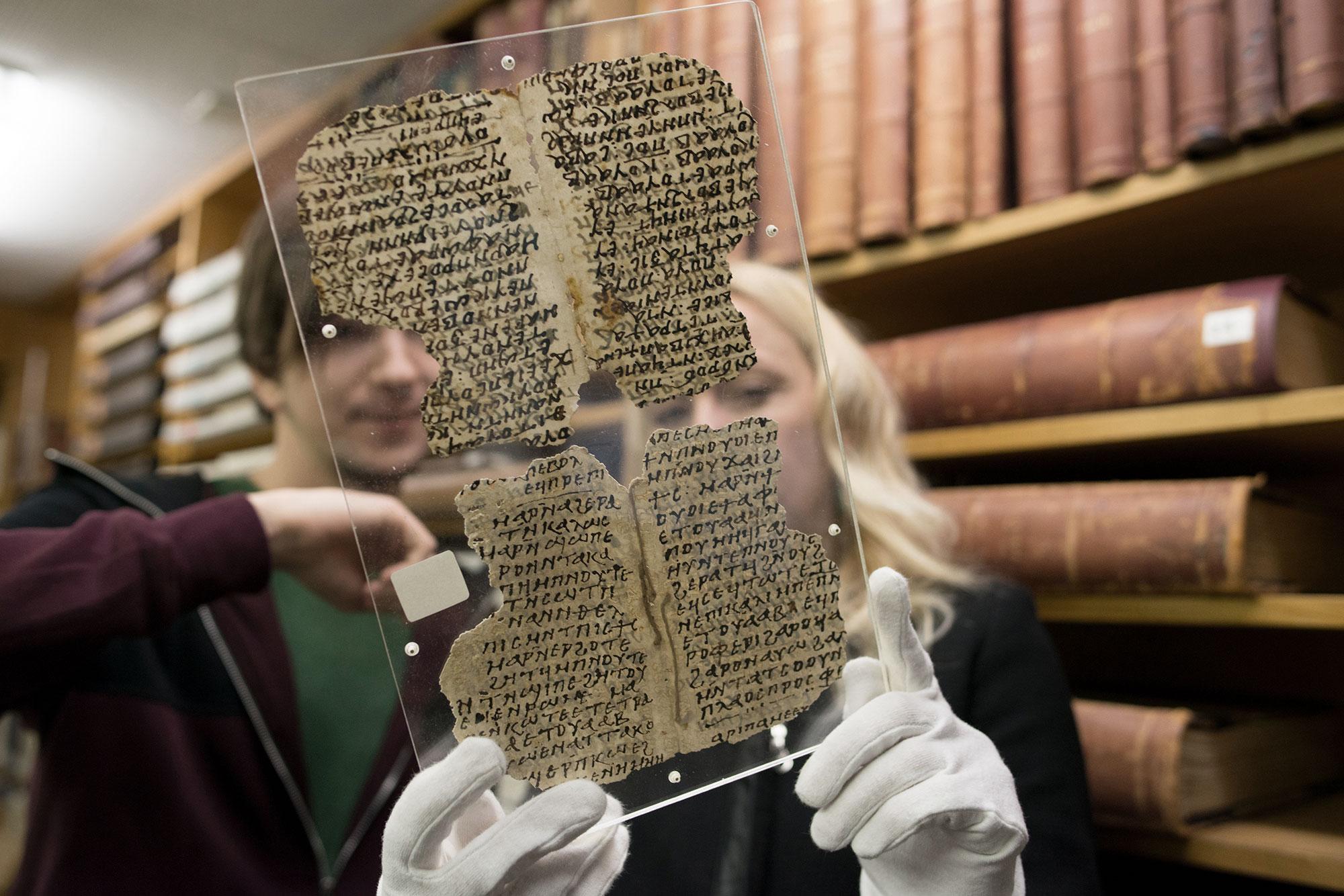SNSF Swiss Postdoctoral Fellowships 2023: 48 approved projects

The SNSF is awarding a total of 11.8 million francs in grants as part of the "SNSF Swiss Postdoctoral Fellowships 2023" transitional measure.
Of the 722 applications evaluated for the SNSF Swiss Postdoctoral Fellowships 2023, the SNSF has decided to support 48. A total budget of 11.8 million francs will be allocated for an average period of 2 years.
Due to Switzerland's status as a non-associated third country in Horizon Europe, the SNSF launched the transitional measure "SNSF Swiss Postdoctoral Fellowships 2023" on behalf of the Swiss government. This call was aimed at early-career researchers who were aiming to apply for a Marie Skłodowska-Curie Postdoctoral Fellowship (MSCA PF) and a position at a not-for-profit research institution in Switzerland for 12 to 24 months.
This year, the success rate was 6.6%. This low number is explained by the large number of applications that the SNSF received for this call relative to the available budget.
In each field of research, primarily international experts were responsible for evaluating the submitted projects. In mathematics, natural sciences and engineering, 20 projects will be supported. In the life sciences, 17 projects were selected. And in the humanities and social sciences, a domain that received fewer applications, 11 projects will receive funding.
University researchers received 56.3% of the funding. 31.3% went to the ETH domain and 12.5% to other institutions.
Examples of supported projects
Humanities and social sciences
Encouraging creativity during sleep? Célia Lacaux (University of Geneva) is interested in the cognitive and cerebral mechanisms behind creative inspiration. Her work focuses on the sleep phase, which has recently been identified as a gateway to creativity. In the future, this project should pave the way for the development of techniques to induce a creative brain state on demand, thereby releasing creative potential in everyone.
Life sciences
Xylella fastidiosa is one of the most dangerous plant pathogenic bacteria in the world, due to the wide range of plants that it can infect, including agricultural crops, decorative plants and trees growing in forests. As part of her project, Júlia López Mercadal (Agroscope) aims to assess the possibility of its spread through different agroforestry ecosystems. She also intends to analyse the potential of trees and wild plants as reservoirs for the bacterium in the landscape. The results will be used to estimate the risks and impacts on agricultural production and ecosystem services in Switzerland as well as to develop strategies for early detection and targeted control of the bacterium.
Mathematics, natural sciences and engineering
With her project, Sona Ulicna (EPFL) aims to advance solar photovoltaic technologies based on perovskite. This is an emerging solar technology that is simple and inexpensive to manufacture. However, its lack of long-term operational stability outdoors poses the main obstacle to its commercialisation.